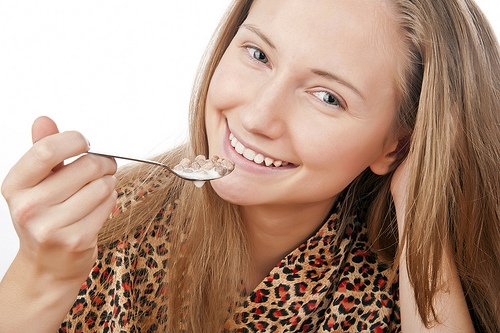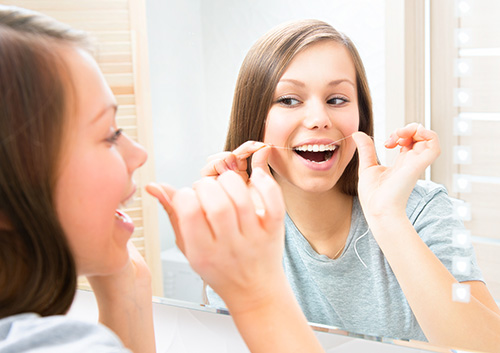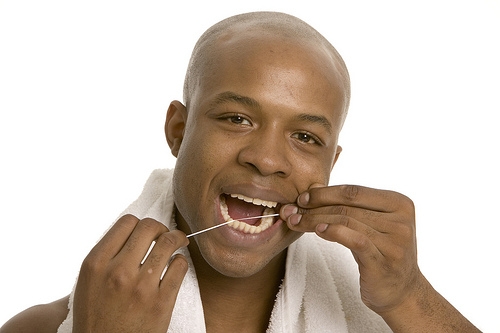Foods that Can Harm Enamel
June 17th, 2016

Many people who are careful about brushing and flossing their teeth wonder how they still end up with cavities or tooth decay. Several factors affect wear and tear on tooth enamel. Diet is a major factor, with certain foods increasing the likelihood that your enamel will become discolored or decayed. Pay close attention to the foods you eat to keep your pearly whites looking healthy and clean.
What causes enamel damage?
Tooth enamel refers to the hard, semi-translucent, whitish part of the tooth that shows above your gums. The enamel is primarily composed of minerals that are strong but susceptible to highly acidic foods. When acid reacts with the minerals in enamel, it results in tooth decay. Strongly pigmented foods can also damage enamel by discoloring the surface of the tooth.
Foods that harm enamel
Acidic foods are the greatest source of enamel damage. To determine whether a food is acidic, look up its pH. Scientists use pH, on a one-to-seven scale, to define the relative acidity or alkalinity of a substance. Foods with low pH levels, between a one and three, are high in acidity and may damage your enamel. Foods with high pH levels, such as a six or seven, are far less likely to cause enamel harm.
So which foods should you avoid? Many fruits are high in acidity, including lemons, grapefruit, strawberries, grapes, and apples. The high sugar and acid content in soda makes it another huge contributor to enamel decay. Moderately acidic foods include pineapple, oranges, tomatoes, cottage cheese, maple syrup, yogurt, raisins, pickles, and honey. The foods that are least likely to cause enamel damage include milk, most cheeses, eggs, and water.
Beverages such as red wine and coffee also damage the enamel by discoloring it. Although stains do not necessarily undermine the integrity of your teeth, they can be unsightly.
What can I do to prevent enamel damage?
Fortunately, there are several measures you can take to prevent your enamel from discoloring or decaying. The easiest way to avoid decay is to steer clear of high-acidity foods. This may not always be possible, but eliminating sugary fruit juices and soda from your diet is a good start. Brushing your teeth after each meal and flossing frequently also preserves your enamel. Another good idea is to rinse your mouth with water or mouthwash after eating to wash away high-acidity particles.
Although enamel damage is common, it does not have to be an inevitable occurrence. Knowing the foods that harm your teeth gives you the tools to prevent discoloration and decay. With some easy preventive measures, your teeth will stay strong and white for years to come! Give us a call at Zoltan T. Berky, DDS to learn more!



